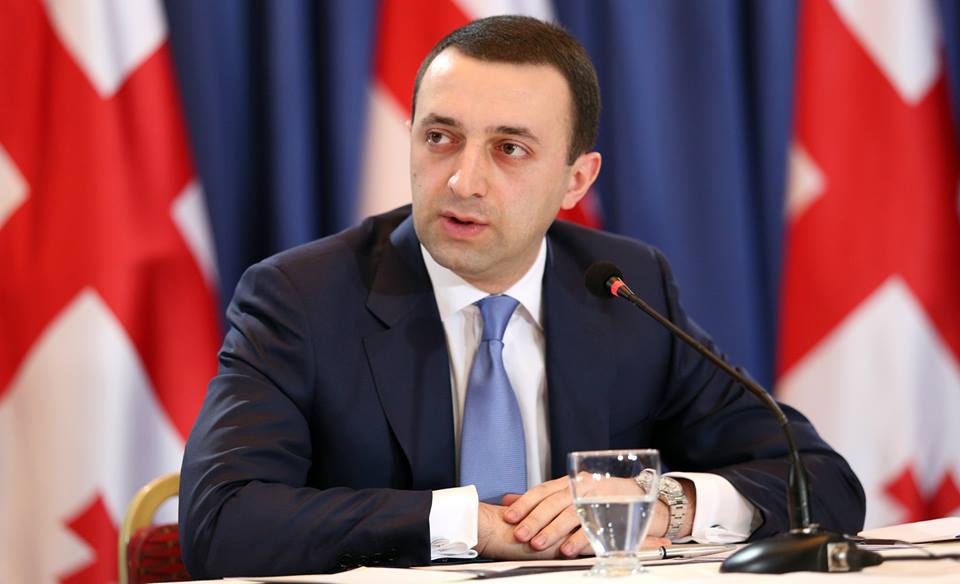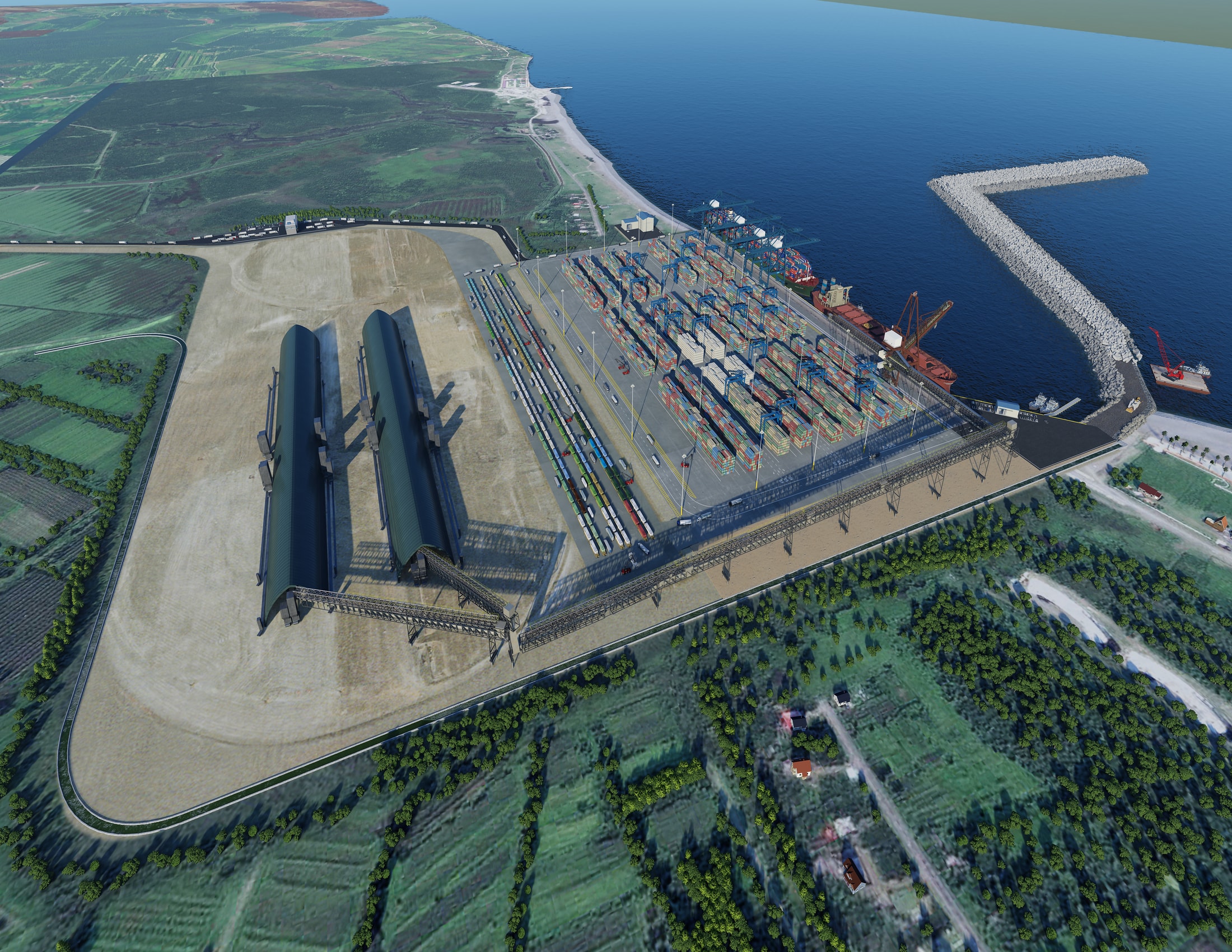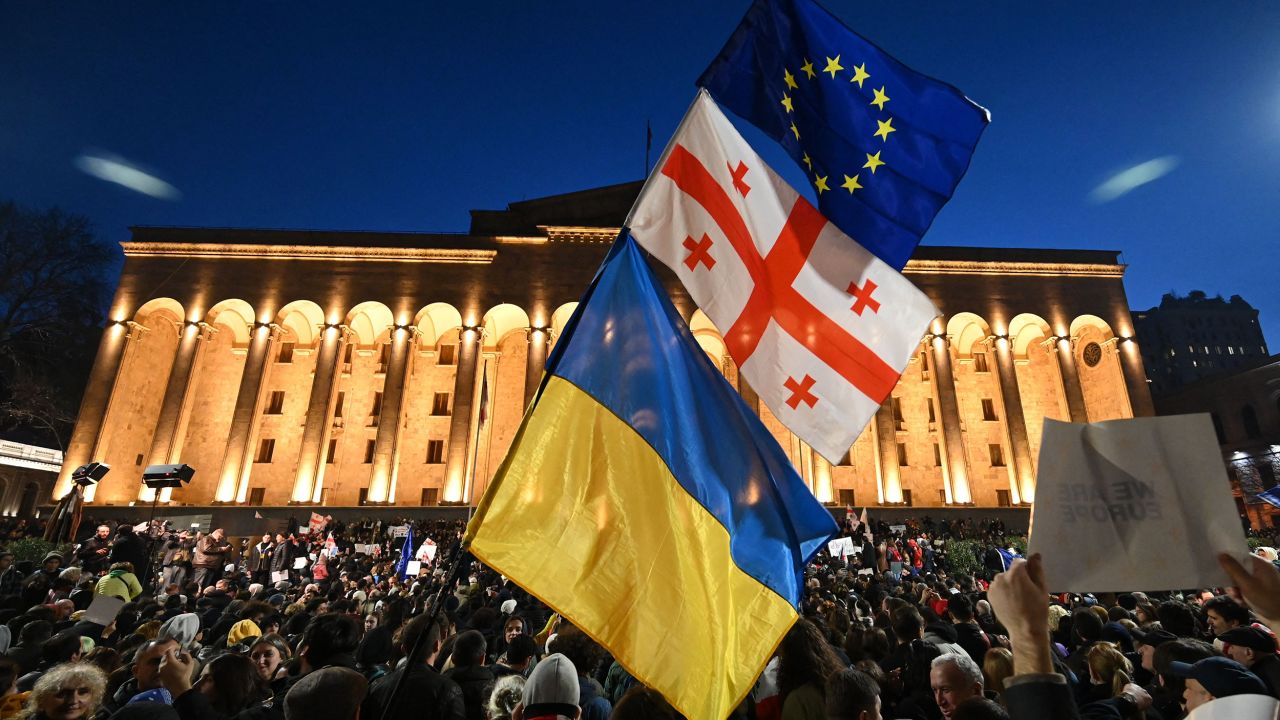Can Georgia’s Anaklia Dream come true? Third time within the planned timeframe
In early 2023, Georgian Prime Minister Irakli Garibashvili announced that the Georgian government decided to relaunch the construction of the long-awaited Anaklia deep-sea port on the Black Sea coast. It was announced that the state would own a 51 per cent stake in the port while looking for international investors.
The Anaklia deep sea port is a highly important venture strategically and economically for Georgia and the entire South Caucasus. The importance of the port surged shortly after the Russo-Ukraine war unfolded and the Middle Corridor transit route project was revitalized. Hence, consecutive visits of Georgian Prime Minister Irakli Gharibashvili to Uzbekistan, Turkmenistan and Kazakhstan throughout 2022 aimed to discuss these opportunities, among other issues.

Georgia, as the only regional country with direct access to the Black Sea, is keen to prompt up its role as the most viable option for trade transit. For example, without Georgia, the EU’s access to Azerbaijan’s natural resources will also be limited. As evidenced by the recently signed agreement between Brussels and Baku on doubling gas supplies to the EU through the Trans-Anatolian Natural (TANAP) and Trans-Adriatic (TAP) gas pipelines, everything points to Georgia's growing regional transit role.
Initially, the project was worth 2.55 billion USD and was supposed to be the first deep-sea port on the eastern Black Sea coast with the capacity to receive and host large container vessels, mainly from China and Central Asia. Despite its importance to the country's geoeconomic interests, the government has failed twice to finalize the project, primarily due to insufficient funds and controversial domestic policy followed by several severe political crises and mass riots. Now, the government sees the geopolitical moment as an opportunity to try again to raise funds from private investors.

The initiative to build a deep sea port at Anaklia, located just a few kilometres from the Russian-occupied Abkhazia breakaway territory, appears to still enjoy strong backing from the Western countries. Thus, the city of Lazika, where the port is situated, was meant to surpass Abkhazia’s capital of Sukhumi in population and economic opportunity; it would entice Abkhaz to gradually reintegrate with Georgia via peaceful, financial means rather than military conquest. As such, constructing the port at Anaklia is crucial to meet the needs of diversifying the existing transport routes and developing new ones.
In addition, Tbilisi had to adhere to Article 7 of the revised Constitution of Georgia—“Basics of Territorial Organization”—which envisages a special economic zone and legal regime in Anaklia. Although the Georgian government desperately attempts to revive the project amid deepening political and economic crises and strained relations with the West, finding reliable investors and partners is still an arduous task.
Moreover, amid heightening tensions between the ruling Georgian Dream government and the West, official Tbilisi slightly rekindles relations with Russia, which would undermine Western participation in the construction of Anaklia. As such, on May 11, 2023, Moscow lifted a ban on direct flights by Russian airlines to Georgia that Moscow unilaterally imposed in 2019 after a wave of anti-Kremlin protests in Tbilisi.

While the Georgian government welcomed the move, with Deputy Economy Minister Mariam Kvrivishvili telling reporters the announcement would significantly improve travel options for the million Georgians living in Russia, there were protests in Tbilisi on May 15, with demonstrators calling for Georgia to impose its own ban on flights to and from Russia. Although the demonstrations in Tbilisi were somehow dispersed, it is unlikely that the Georgian government will impose sanctions on direct Russian flights.
Russia is a potential threat to the project as it will see no gain from it and has largely opposed it. Anaklia could be a serious challenger to Russia’s Novorossiysk port on the Black Sea, especially amid Western sanctions.
Moscow's fears stem from the fact that the Anaklia port, if fully operational, may be used for military purposes by NATO and pose a real threat to its national security. However, considering the ruling Georgian government's recent drift from its Western partners and more appeasement to Russia, the risks of the Anaklia project ending up in Russia's hands are growing significantly.








